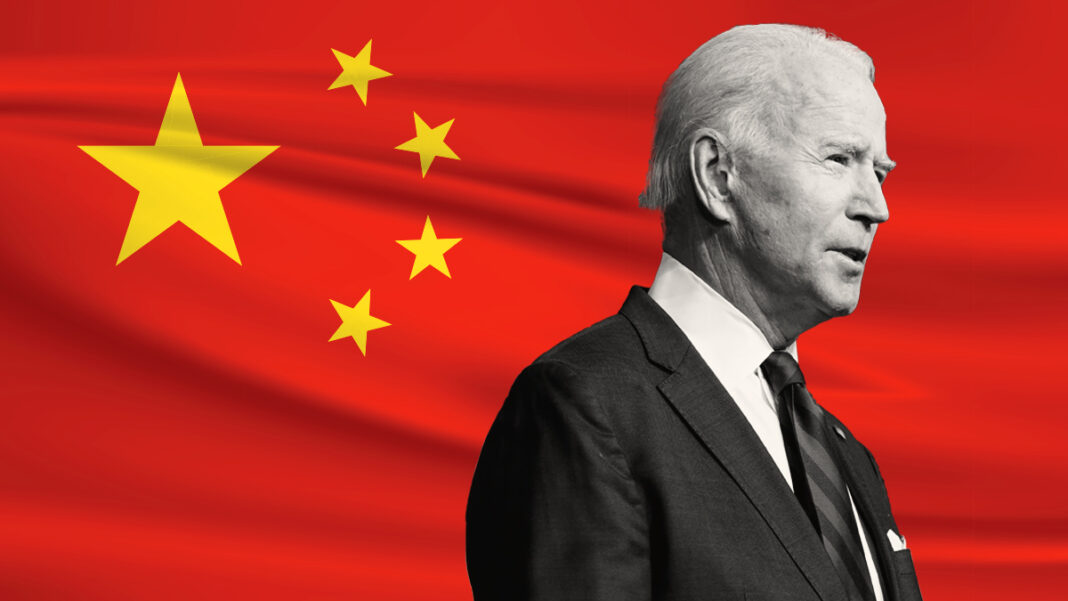US President Joe Biden signed an executive order banning American investments in key technology industries that could be used to enhance Beijing’s military capabilities, The New York Times reported. Biden’s decision comes as the latest in a series of moves putting further distance between the US and China.
The order will ban venture capital and private equity firms from investing money into Chinese efforts to make semiconductors and other microelectronics, quantum computers and certain artificial intelligence applications, according to the report. Administration officials said that the decision was taken to protect national security, according to The New York Times report.
Part of wider campaign
However, China is likely to view it as part of a wider campaign to contain its rise, the report noted. The US Treasury Department, in a statement, said, “The Biden administration is committed to keeping America safe and defending America’s national security through appropriately protecting technologies that are critical to the next generation of military innovation.”
Narrowly targeted action
The US Treasury Department called the executive order a “narrowly targeted action” complementing existing export controls and that the administration maintained its “longstanding commitment to open investment”, The New York Times reported.
Biden’s latest decision comes at perhaps the most fraught moment in the ties between US and China since the dialogue between the two nations began in the early 1970s.
US administration officials have said they have been acting with prudence that they said should have been taken years ago around key technologies. However, the decision taken on Wednesday takes the effort to a new level, the report noted.
Although export bans and concerns regarding Chinese investment in the US has a long history, Washington has not earlier tried to announce restrictions on the flow of investment into China, according to the report.
The executive order coincides with a bipartisan effort in Congress to impose similar restrictions. An amendment by Senators Bob Casey and John Cornyn was added to the Senate version of the annual defence authorisation Bill, The New York Times reported. Administration officials said they will try to align their upcoming rules with the congressional framework.
The US Treasury Department, which has already contacted American executives regarding the forthcoming order, will start a process of formally taking comments before framing rules to be put in place next year. However, US firms might alter their investment strategies before the rules take effect.
Biden’s latest decision comes at a time of vulnerability for the Chinese economy. Chinese cities and some businesses have called 2023 a ‘Year of Investing in China’ in hopes of a revival of their local economies after the Covid-19 pandemic, according to the news report.
However, Chinese President Xi Jinping has created an atmosphere that has resulted in many American venture capital companies and other investors being more cautious, it noted.
Earlier in March, Xi Jinping said “Western countries, led by the United States, have implemented all-around containment, encirclement and suppression against us, bringing unprecedented severe challenges to our development”, The New York Times reported citing Xinhua.
At the G7 meeting held in Japan’s Hiroshima in May, Biden’s delegation discussed joint efforts to limit high-tech investment with its counterparts. Several allies, including the UK and the European Union, have hinted that they might follow suit, The New York Times reported.
The Biden administration’s outreach to other countries underscores that the US may not be that effective by itself and would work in conjunction with other major nations, including Japan and South Korea.

